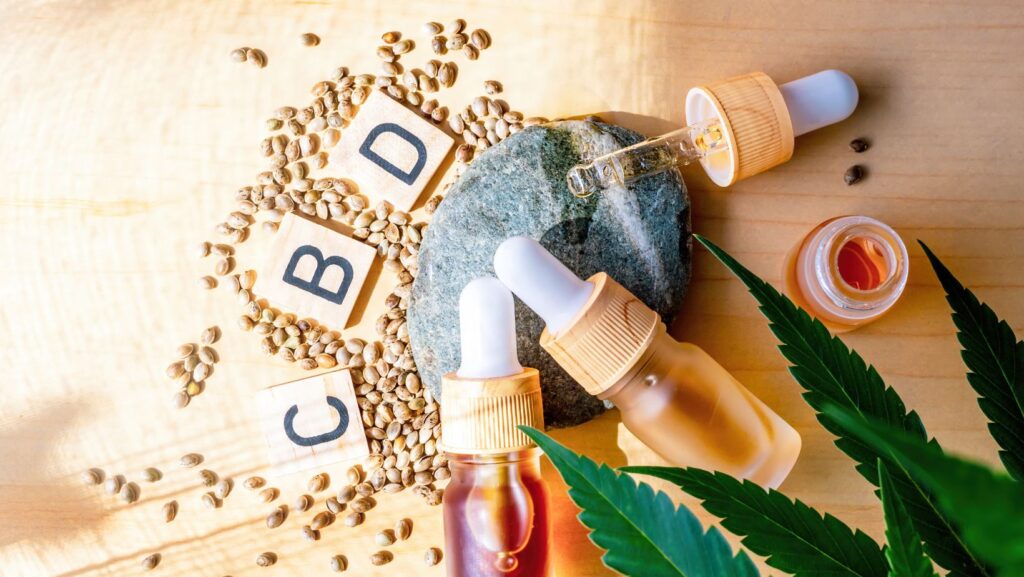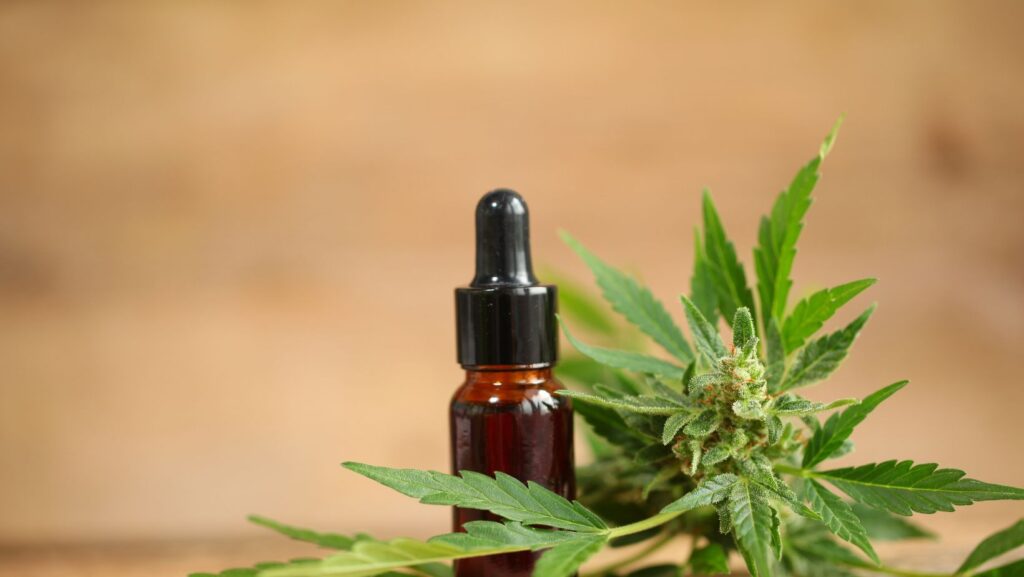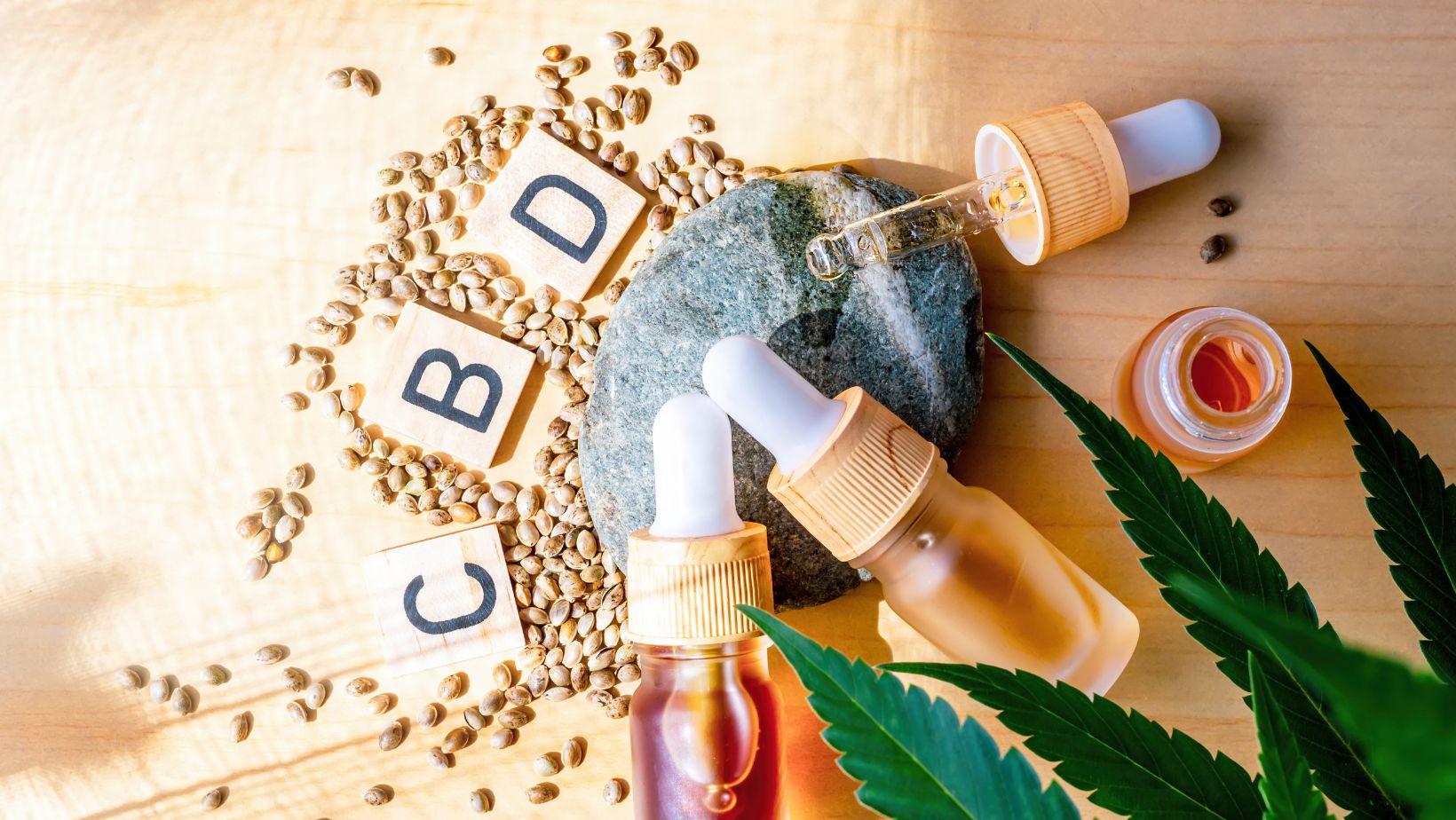
CBD has gone from a niche product to a mainstream wellness option in just a few years. In 2025, it is no longer something people stumble across by chance. Instead, it is a serious part of how many manage stress, improve sleep, or support recovery.
But with its popularity comes confusion. Not all products are created equal, and beginners often don’t know what to expect. Some dive in hoping for instant results, while others get lost between oils, gummies, and capsules.
To help clear the noise, this article highlights what everyday CBD users wish they had known before starting. These lessons can help new users make smarter choices, avoid common mistakes, and build a routine that actually works.
Learn the Basics Before You Buy
CBD, short for cannabidiol, is a compound derived from the hemp plant. It is non-psychoactive, which means it will not get you high, but it can support relaxation, focus, and overall balance.
Before buying, new users should understand the main product types:
- CBD oils: Fast-acting and easy to dose, but not everyone loves the earthy taste.
- CBD gummies or capsules: Convenient, consistent, and great for beginners.
- Topicals: Creams and balms applied directly to the skin, often used for sore muscles or targeted relief.
Each format works differently. Oils enter the bloodstream quickly, while edibles take longer to kick in but often last longer. Knowing this helps set realistic expectations.
How to Spot Quality CBD in 2025
Quality is the detail that separates a good CBD experience from a wasted one. Beginners often assume every product on the shelf is equally reliable, but the truth is that potency, purity, and transparency vary widely.
When shopping for CBD, look for:
- A certificate of analysis (COA) from a third-party lab.
- Clear labeling of ingredients and cannabinoid content.
- Clean extraction methods, like CO₂ or food-grade ethanol.
- Fair price per milligram of CBD.
For many new users, this is where brand choice matters most. A company like Lazarus Naturals has built trust by publishing detailed lab reports for every batch, offering affordable prices, and keeping formulas simple and straightforward. Learning to compare products against this kind of standard helps you avoid low-quality options and ensures you’re actually getting the CBD benefits you expect.
Dosage Isn’t One-Size-Fits-All
Many beginners assume CBD works like a standard supplement where one dose fits all. In reality, dosage depends on factors like body weight, metabolism, and the desired effect.
Users often find it helpful to start low and increase gradually. For instance, beginning with 10–20 mg per day and adjusting slowly allows you to notice how your body responds. This “start low and go slow” approach prevents wasting product and avoids disappointment from unrealistic expectations.
CBD Works Best With Consistency
Another insight from regular users is that CBD often delivers the best results when used consistently. Unlike painkillers or sleep aids that can provide immediate relief, CBD works gradually by supporting your body’s endocannabinoid system.
This means building a routine — taking your oil each morning, keeping gummies on hand during stressful workdays, or applying a topical after workouts. Over time, consistency helps your body respond more predictably.
Be Clear About Your Goals
CBD can support a wide range of needs, but it is not a cure-all. Users who approach it with clear goals — such as better sleep, improved focus, or stress management — tend to have better results.
If your goal is to feel calmer before bed, oils or gummies may be a better fit. If you are looking for post-workout recovery, a topical might be more useful. Having a purpose in mind helps you choose the right product and avoid disappointment.
Know the Difference Between Full Spectrum, Broad Spectrum, and Isolate
When shopping for CBD, product labels can feel overwhelming. Three terms appear frequently:
- Full spectrum CBD: Contains all compounds from the hemp plant, including trace THC (under 0.3%), which may enhance benefits through the “entourage effect.”
- Broad-spectrum CBD: Similar to full-spectrum but with THC removed.
- CBD isolate: Pure CBD with no additional compounds.
Users often wish they understood these differences earlier, since each type affects the body differently. For example, full spectrum may feel more effective for some, while isolate may be preferred by those who want to avoid THC altogether.
Research Laws in Your Area
Even in 2025, CBD regulations vary by region. In some places, full-spectrum CBD products may not be allowed due to THC content. Every day, users stress the importance of checking local laws before buying or traveling with CBD.

This small step avoids the hassle of having products confiscated or facing fines, and ensures you can use CBD with peace of mind.
Conclusion
By 2025, CBD is no longer new — but the lessons from early users are still valuable. Learning the basics, choosing quality products, setting realistic goals, and building consistency all make the difference between frustration and success.
For those just getting started, the key is patience and research. CBD works best when approached as part of a lifestyle, not as a quick fix. With the right knowledge and trusted brands, it can become a steady source of balance in everyday life.
Bob Duncan is the lead writer and partner on ConversationsWithBianca.com. A passionate parent, he’s always excited to dive into the conversation about anything from parenting, food & drink, travel, to gifts & more!

